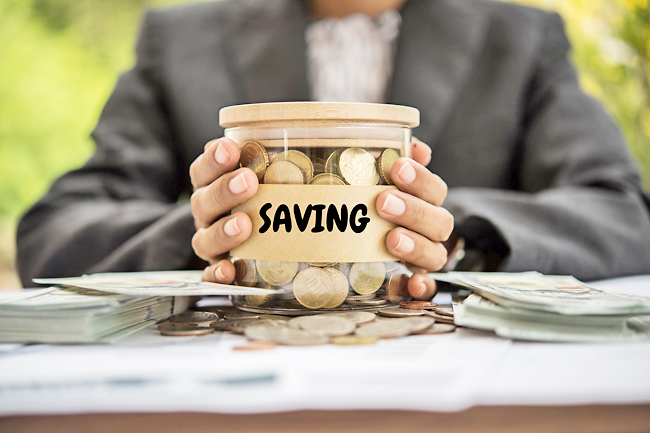Standard Chartered Bank
The terms young and single can generally apply to anybody who is just starting out in his/her career or business and has their whole life ahead of them to look forward to. The sky is virtually the limit! And there are hardly any major concerns or worries to hold you down.
STARTING OFF AT WORK
As a young, single and fabulous (YSF) career starter, it’s all about finding the dream job with a good pay, good benefits and a good balance of challenges to keep you motivated throughout. While money may not be the key attraction for a YSF to accept a job offer, it is important to know what you are entitled to or will be receiving. These include employee car and home loan schemes, National Retirement Scheme (SPK) contributions, company retirement schemes, etc.
STARTING YOUR EMERGENCY FUND
After you have seized your job opportunity and have started settling into the exciting world of building your career, take an early hold of your finances. At this stage, you will start to accumulate monthly bills for example, mobile phones and Internet service bills and you may be helping your parents to pay for some household bills as part of your contribution at home. You may also have decided to purchase a new vehicle to be more independent in terms of transportation and this purchase may have been made via a car loan or a
hire purchase.
As a YSF, one usually never expects any untoward incidents to happen but it is always best to save for a rainy day and be prepared for unexpected expenses. Now is the best time to put together your emergency fund.

An emergency fund is a fund that primarily allows you to be able to live comfortably for about four to six months in the event that you are not receiving any income. Therefore, your emergency fund must be sufficient enough to cover your regular monthly bills and expenses for up to six months.
To arrive at how much you need for your emergency fun, add up all your regular monthly bills, loans, and average travelling and household expenses. Then multiply the amount by six. This is how much you need to save up for your emergency fund before you can consider starting any other kind of savings.
GET THE RIGHT KIND OF INSURANCE
The next thing a YSF should think about is insurance. When you are young and have a bright future ahead of you, it usually never comes across a young person’s mind to buy insurance. Or if they do buy insurance, sometimes what they have bought may not exactly be the best kind of coverage for them.
As a YSF just starting out in life, you have a long future ahead of you. Unforeseen circumstances can make the future less bright if you are not prepared for it. While you are starting to plan and build your wealth, you should think about protecting it too. You should also realise what your roles and responsibilities are towards your family. You may have your parents and siblings who may be looking to you for support from time to time.
Your emergency fund is only for you to utilise for a short period for example if you are in between jobs. It is also used to help cover unlikely minor incidents like a small car accident for example. An emergency fund cannot sustain you for long term incidents such as disabilities. It will also not help your dependants like your family if they were relying on you for financial support.
When you are single and in early stages of career:
• Medical insurance is important, as it may be difficult to get medical coverage later on in life as
you age.
• Despite what others may tell you, life protection need not be the key focus, although some coverage is advisable to protect against unforeseen emergencies.
• Disability is worse for a young person who has little savings but requires an income to meet his expenses for the rest of his life.
Hence as a young person, the bigger focus would be on a disability plan. A disability plan is designed to help replace one’s monthly income (usually 60 per cent to 75 per cent of one’s monthly salary). This ensures a continuing source of income even if you are unable to return to work as a result of a disability.
START SAVING
Obviously with savings, the younger you start the better. And it doesn’t matter if it’s BND50 or BND500 that you set aside every month, the main point is that you are starting a good habit of setting aside a portion of your income every month in savings. If you’re not sure why you should be saving, there are plenty of worthwhile reasons to save up for. You could be saving for a new car, buying your own home, a big wedding day, even your retirement!
With these basic financial objectives to keep you on track, you can carry on being young and enjoy life fabulously!
This article is for general information purposes only and while the information in it is believed to be reliable, it has not been independently verified by us. You are advised to exercise your own independent judgement with the contents in this article.


